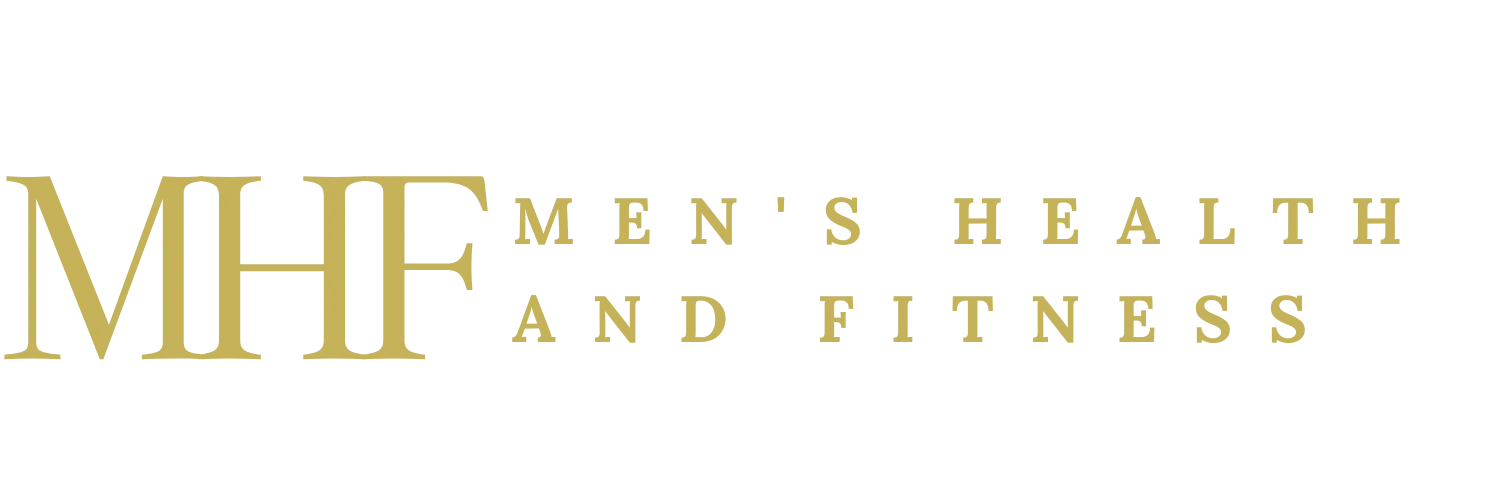What Is A Heart Attack Or Myocardial Infarction?
An attack occurs when a segment of the heart muscle dies or necrotizes because of a lack of blood supply.
When a blood clot blocks a coronary artery (coronary thrombosis), blood flow to the heart muscle is disrupted.
The heart muscle tissue can become electrically unstable and cause chest pain if some of the heart muscle dies.
In the medical field, the term "heart disease" is used to describe all types of disorders or diseases that affect the heart and how it functions.
A blockage in the arteries that carry oxygen-rich blood from the lungs to the heart is one of the most common causes of oxygen starvation.
As a result of this condition, the heart cells die, resulting in a condition called necrosis. Often, this condition is caused by a waxy substance known as plaque, which builds up and causes the heart to fail.
As the substance builds up over time, it blocks coronary (or heart) arteries - a phenomenon medically known as atherosclerosis.
Eventually, plaque ruptures, causing irritation and swelling. This causes the body's natural defense systems to form a blood clot around the area. As a result, the artery can be partially or completely blocked if the clot grows to a size that is large enough.
As a result, if left untreated, the heart's areas that are fed by this artery may die, leaving scar tissue to replace otherwise healthy tissue. A condition such as this can be hidden, leading to long-term heart health problems when it is not discovered.
Many congenital conditions, such as angina, or conditions acquired over a lifetime can lead to a heart attack (MI).
What are the symptoms of a heart attack or MI?
Depending on the individual, some people will not have any symptoms whatsoever or will experience very mild symptoms, which is commonly referred to as a "silent heart attack".
There are several symptoms most people experience when they are having a heart attack, including:
• Chest discomfort or pain. Some people will suffer from a sudden sharp pain, while others will suffer from mild, yet noticeable chest pain. The feelings can last for minutes to hours.
• A sense of discomfort in your upper body. Many people experience discomfort, distress or uneasiness in their upper body, often their jaw, neck, shoulders, or back, and sometimes the upper stomach as well.
• People often complain of shortness of breath in conjunction with chest pain.
• Dizziness, cold sweats, nausea, and vomiting are symptoms more common in women and overweight individuals.
• The feeling of being unusually tired, especially waking up tired after a long sleep with no apparent cause. This feeling can sometimes last for days.
Some of these symptoms are experienced by people, especially older people, who ignore them believing they are signs of aging. If you experience even mild symptoms of these, it is important to seek medical advice, especially if they are severe or if you experience more than one of them.
So How to Diagnose a Heart Attack or MI?
There are also some other symptoms of a heart attack or MI that are common. If only one of these symptoms occurs, you may not have a heart attack.
You should consult a doctor if you experience any of the following symptoms. You should call emergency services immediately if you or someone you know experiences two or more of these symptoms. Prompt medical attention and treatment can help prevent or limit organ damage, and may even save your life. It's better to be safe than sorry.
• Shortness of breath or difficulty breathing
• Feeling tired or weak for long periods of time without any apparent reason even after sleeping
• Swelling in your feet, ankles, and legs (edema)
• Feeling an irregular or rapid heartbeat
• Having difficulty performing normal exercises
• Coughing or wheezing persistently, often with white or pink phlegm.
• The feeling of confusion or fuzziness, lightheadedness, inability to concentrate and stay alert, and daydreaming may occur quite frequently.
• Passing out, losing consciousness, fainting, or blacking out
• Suddenly, your heartbeat may slow down, speed up or beat rapidly and continuously without apparent reason.
• Feeling cold or sweaty. Feeling cold or cool in your hands and feet.
Pulse may be weak
• Vomiting and nausea can occur
• The amount of urine you produce may decrease or stop altogether
• People who experience heart attacks usually feel discomfort on the left side or in the center of their chest. People feel it differently; sometimes it manifests as pressure, fullness, and squeezing, often with pain, while others experience indigestion or heartburn. It is common for these feelings to last for a while before disappearing and then reappearing later.
It is not always apparent to people that they have had a heart attack, as not every heart
attack begins with a sharp pain. In many cases, people are unaware they have had a heart attack. Every person has their own circumstances that will influence how their condition manifests and which symptoms they will experience.
When people go to their doctor for a routine check-up, they may not be aware they have already had a heart attack.
It is not advisable to drive yourself or take someone near you to the hospital if they are experiencing a heart attack. It is imperative that you call a hospital as soon as possible if you have a severe heart attack. An ambulance and medical team will come to you immediately to begin treatment, even as you are traveling to a hospital's emergency treatment room in an ambulance.
Heart Attacks or MI: Common Causes
There are other traumas that can occur due to accidents or misadventures, such as heart damage caused by a heavy fall, another by being slammed into a steering wheel, or being suddenly stopped in a car while wearing a seat belt.
Diet and lifestyle choices are directly responsible for most heart disease.

The most important things to avoid are too many processed foods such as:
• Whenever possible, avoid refined salt, and replace it with natural, unprocessed sea, rock, and Himalayan salt
• You should avoid all refined vegetable oils, and instead use coconut, palm, or olive oils that have been cold-pressed or centrifuged
• It is best to avoid refined carbohydrates, especially white flours, and products
• Don't use artificial preservatives, flavors, or colors
• Avoid factory-raised and processed meats
• Stay away from smoking or secondhand smoke
• Drink alcohol in moderation or avoid it altogether
• Whenever possible, minimize emotional stress
Chest Pain – Cardiogenic VS Non-Cardiogenic
People are most likely to experience chest pain at some point in their lives. This is often caused by anxiety because chest pain is so often associated with heart disease. Most chest pain does not have anything to do with the heart, but you should not ignore it either.
By knowing what type of chest pain you have and identifying the differences between heart-related and non-heart-related chest pain, you can reduce stress and anxiety, two factors that contribute to cardiovascular disease.
It is possible to experience pain or tenderness around the chest and lung areas due to the fact that many different structures are present. The most common type of pain and tenderness occurs in the muscles and bones around the chest area. It is possible for the lining or pleura around the lungs to cause pain if it becomes inflamed or irritated, but there are no nerve connections to the lungs that would cause pain.
It is also possible to experience pain in your esophagus, the tube connecting your mouth to your stomach. The esophagus can also spasm, which is not cardiac related, but it can often give a pain that feels like a heart disorder. Heartburn, also known as refluxing, has nothing to do with your heart, but can give you a pain that seems like a heart condition.
Cardiac or heart-related chest pain is more often experienced in the morning.
People normally experience this pain in their deep chest areas, rather than superficially.
However, it can be difficult to describe where it is located due to its dull, constrictive nature and burning sensations.
Pain may feel as though it comes from anywhere such as the back, neck, head, or throat, or even from one's arms (usually the left upper arm).
An exertion like carrying a heavy bag, sweeping the floor, or digging can often cause chest pain.
Exercise and physical work in extreme temperatures can also cause a heart attack. Eating a heavy meal before exercising can also trigger one.
As long as you continue doing the physical activity, this type of pain usually lasts, but in many cases it goes away fairly quickly once the activity is stopped.
Standing or sitting, as well as leaning into the discomfort area can help relieve some kinds of heart-related pain, such as angina.
It is very important to seek medical attention immediately if you experience these kinds of discomfort or pain
The pain is usually much sharper and located in an area that is easy to identify at the end of the day when it is not related to the heart. The pain is usually sharper than most other types of chest pain. In most cases, this type of pain occurs without any warning or specific reason unless you are doing an unusual activity or lifting and stretching at an angle that is not your normal one.
Heartburn may develop after eating oily or high carbohydrate foods.
In some cases, these types of pain subside quickly, whereas in others, they may last for several hours.
This type of pain usually responds well to analgesics such as aspirin and heat packs. Simple exercises, especially breathing exercises, often help alleviate the pain.
Medical Professionals' Roles

As part of your health professional's routine examination, your age and gender will be asked, as well as questions about your eating habits and your physical history. You will also have your vital signs checked, including your weight, blood pressure, and temperature, as well as a body fat test. In this way, they can assess your condition realistically.
If you are 25 years old and just started lifting weights and taking a bodybuilding course, then you are likely suffering from muscular pain.
If you happen to be a 56-year-old male who is a heavy smoker and drinker, who does little physical work, who has a high-stress job, has high blood pressure, eats mostly processed food, as well as has a family history of heart disease; then your health professional is likely to be searching for a heart-related cause of your pain. The reason for this is that you would be at the highest risk of a heart attack.
In order to determine the problem and work out ways to fix it, you will probably undergo a variety of tests and possibly a chest X-ray.
You should seek medical attention as soon as you experience more than two of the symptoms of heart disease or chest pain.
Finding and treating any heart problems early will give you the best chance of recovering fully or satisfactorily within a short period of time.
